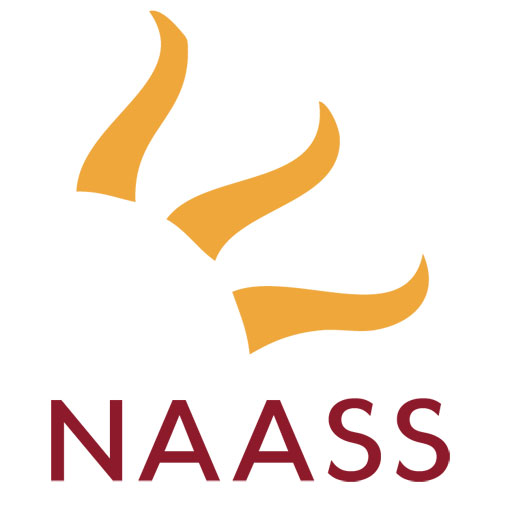Summer Programs
Now is the perfect opportunity to learn the steps you can take to support innovation and best practices for your school whether you are currently offering, or considering adding, summer programs. Over the years MindMax CEO Lee Maxey has worked with dozens of schools to develop and implement strategies that enable meaningful growth and greater efficiency.
How you approach strategic planning can elevate summer session programming to greater importance at your institution. These types of sessions have certainly evolved over time, and in a post-pandemic reality they are more in demand than ever before. If you need support developing a roadmap for summer programs at your school we are here to help.
Summer Program FAQs
Summer programming can be mutually beneficial for both students and the institution. Students have the chance to take classes in subjects they personally enjoy and can pick up a minor or undergraduate certificate in a few weeks time. Those who are struggling can benefit from extra attention in the summer because class sizes are smaller and they can make up for any failed classes. Athletes are able to bulk up credits in their “off season” to reduce course load during their sports’ prime time. Then, there are students who just want to graduate early!
For the institution, summer programming is a smart use of resources. The infrastructure at your school doesn’t disappear in the summer. Empty residence halls practically beg to be used for summer camps, pre-college programs, and visiting students. Online summer programming can extend your school’s reach when current residential students “go home” for break. There is tremendous potential for revenue generation with a multi-faceted strategy in place.
Consider all the options for summer programming at your school:
- Academic programs for current or visiting, transfer, and international students
- Study abroad programs
- Pre-college programs and/or summer camps
- First Year and Bridge programs
There are many reasons to consider adding summer programming at your school, but the most compelling might be student success. Students who take summer classes experience less learning loss than those who don’t. They stay closer to their school, are less likely to stop out, and are more likely to graduate within six years. That certainly makes a strong case for summer!
For current students it’s important to start actively promoting your summer programming in January or February. They are making plans and resolutions in the early part of the year, so make sure to include clear timelines and reminders.
For first year or pre-college learners, you may need to start earlier. Parents tend to have a greater influence on younger learner’s decisions, so it’s important to connect with both students and their families. Start messaging for this group in November before Thanksgiving break when families and high schoolers are more likely to have time for this type of conversation. The same goes for visiting and transfer students.
In-platform notifications within the system that students already access for coursework can be a seamless and low cost way to get summer session messaging started.
Consider promoting summer sessions IRL (in real life) with colorful posters around campus or a table at the student union with giveaways. For first year or pre-college learners, make sure to address the learners and the parents – meeting each where they are. Speaking about summer sessions at an orientation or info session will plant the seed early, and can be an opportunity for families to ask questions in real time. Social media works well when you tailor your message to the audience’s favorite platform.
Drive leads to a site that provides information to help students make a good decision, and enables them to “raise their hand” so you can continue to nurture them until registration.
Live chat is also a great way to add interactivity to your summer session page!
Your students already know the benefits of your school. But do they know the important role of summer session? Perhaps at your institution there’s a financial aid incentive to take courses in the summer and “use up” funding. Highlight courses that are difficult to get into during spring and fall, but wide open in the summer.
For visiting and pre-college students, what is it about your campus that makes it a great summer experience? Whether it’s a cool break from the heat or a sunny beach, there’s bound to be a reason beckoning people to visit.
For online summer programming, listen to your current students. Ask why they like taking courses online, and what’s special about summer. Whether in a listening session/focus group format, or in a quick survey, one of the best ways to learn is to ask!
Don’t despair. The pandemic was responsible for many fluctuations in enrollment which can make data-informed decision making and goal-setting a challenge. Take heart in the knowledge that summer programming is a valuable offering for students and can be a revenue generator for the university. You may suspect a hole in the prospective student funnel, perhaps there’s a missing link between students who are interested and those who actually register. Could technology access or connection across university systems be holding you back from your goals? Consider that there are internal and external factors at play.

MindMax is proud to be a sponsor of the North American Association of Summer Sessions and support their mission of providing leadership for the continual improvement of academic quality, student services and financial success of summer and special sessions in higher education.